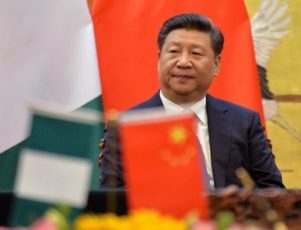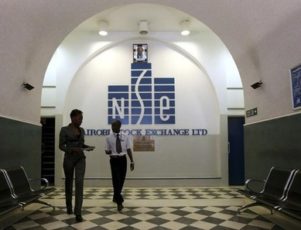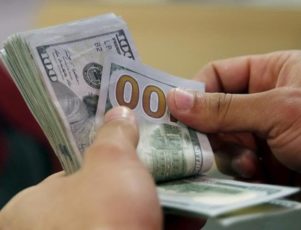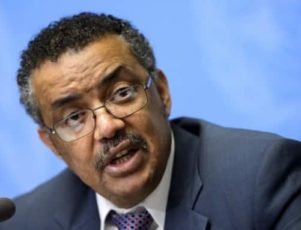The African Union supports Ethiopian Tedros Adhanom Ghebreyesus to become the first head of the World Health Organization from the continent.
With Africa bearing much of the brunt of disease globally, who better to lead the United Nation’s World Health Organization than an expert from the continent?
That is the reasoning as the African Union throws its support behind the candidacy of Tedros Adhanom Ghebreyesus, Ethiopia’s foreign minister and former health minister. As Africa recovers from the recent Ebola epidemic, an official from the continent would bring the perspective of someone who has seen its health problems on the ground.
U.N. members will choose a new WHO leader in May 2017 and the campaigning is well under way. Tedros is one of three candidates for the top post. The others are Phillippe Douste-Blazy, a former foreign minister and health minister from France, and Sania Nishtar, a former minister of health and education from Pakistan.
The 8,000-person health agency was founded by the United Nations after World War II to set global health policy and tackle major health emergencies. It has the authority to spur urgent drug development and push governments to fund essential drugs, as well as to declare public health emergencies.
“Someone with fresh experience from Africa can bring you a fresh view,” Tedros said.
Ethiopian growth cited
Tedros points to Ethiopia’s economic growth, as well as achievements in improving health care. He cites his government’s quick reaction to the region’s current drought, which avoided famine.
He said his experience reforming Ethiopia’s health system and reorganizing finances of the Global Fund supported his qualifications for the World Health Organization job.
Tedros became minister of foreign affairs in Ethiopia in 2012 after serving as health minister since 2005. He has also served in leadership roles in federal and regional government.

Tedros as minister of foreign affairs in Ethiopia
He earned a Ph.D. in community health and a master’s degree in immunology. He began his career in health in 1986. In addition to being the first African leader of the agency if he is elected, Tedros would be the first who is not a medical doctor.
Renowned for malaria research
A globally recognized researcher on malaria, he published a study of the incidence of malaria among children living near dams in northern Ethiopia, a key contribution to the field in 1999, and was named ‘‘Young Investigator of the Year’’ by the American Society of Tropical Medicine and Hygiene. He was the first non-American to receive the “Jimmy and Rosalynn Carter Humanitarian Award” in 2011 for significant achievements in improving human health.
According to the Global Fund, Ethiopia’s health programs are well managed and report significant achievements, including a 50 percent drop in the incidence of HIV and an even greater drop in AIDs-related deaths.
Still, Tedros’ tenure as health minister was not without controversy. Several groups of Ethiopians living abroad are opposing his candidacy, citing his refusal to declare a cholera epidemic when he was health minister that led to thousands of deaths. Tedros responded that the deaths could have had many causes, but a report said laboratory checks confirmed cholera was the cause.
The ministry also had to return $6 million to the Global Fund amid accusations that funds to fight HIV were misspent on health clinics. Tedros denied the money was misspent. He said the funds were returned because they were spent after a deadline had passed.
African Union backs candidacy
The African Union endorsed his candidacy in January.
“He is Africa’s candidate,” said Abdelmalek Boudiaf, Algeria’s health minister.
Margaret Chan, the current WHO chief, said half the regions of the world had never had one of their own leading the health agency. Eight chiefs have come from Europe, the Americas or the Western Pacific, which includes China and Japan.
The French candidate, Douste-Blazy, dismisses the importance of geopolitics, saying strong leadership ability is the key.
Sania Nishtar, the Pakistani candidate, said the argument for an African leader could just as easily apply to South Asia.
Vote “a nail biter”
Geopolitics could give the African candidate an edge in the voting. This year, for the first time, each of the U.N.’s 194 members gets a vote rather than the executive board making the selection. With 54 states, the continent will account for more than a quarter of the votes.
Still, in spite of the backing of the African Union, delegates from at least two West African nations that are former French colonies said they preferred the French candidate.
Nothing is certain. “It will be a nail biter,” said Suerie Moon, research director at Harvard Global Health Institute.
Read more

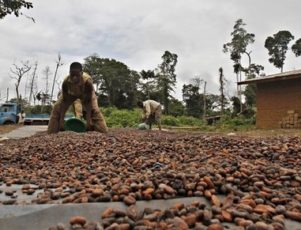
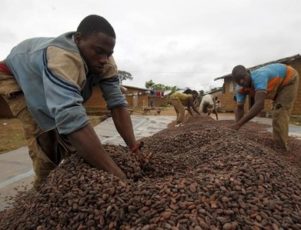
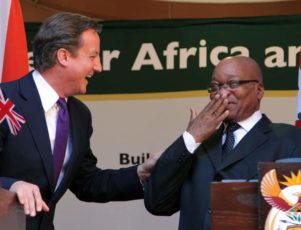
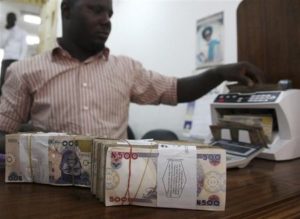 Africa’s largest economies may be hard hit.
Africa’s largest economies may be hard hit.